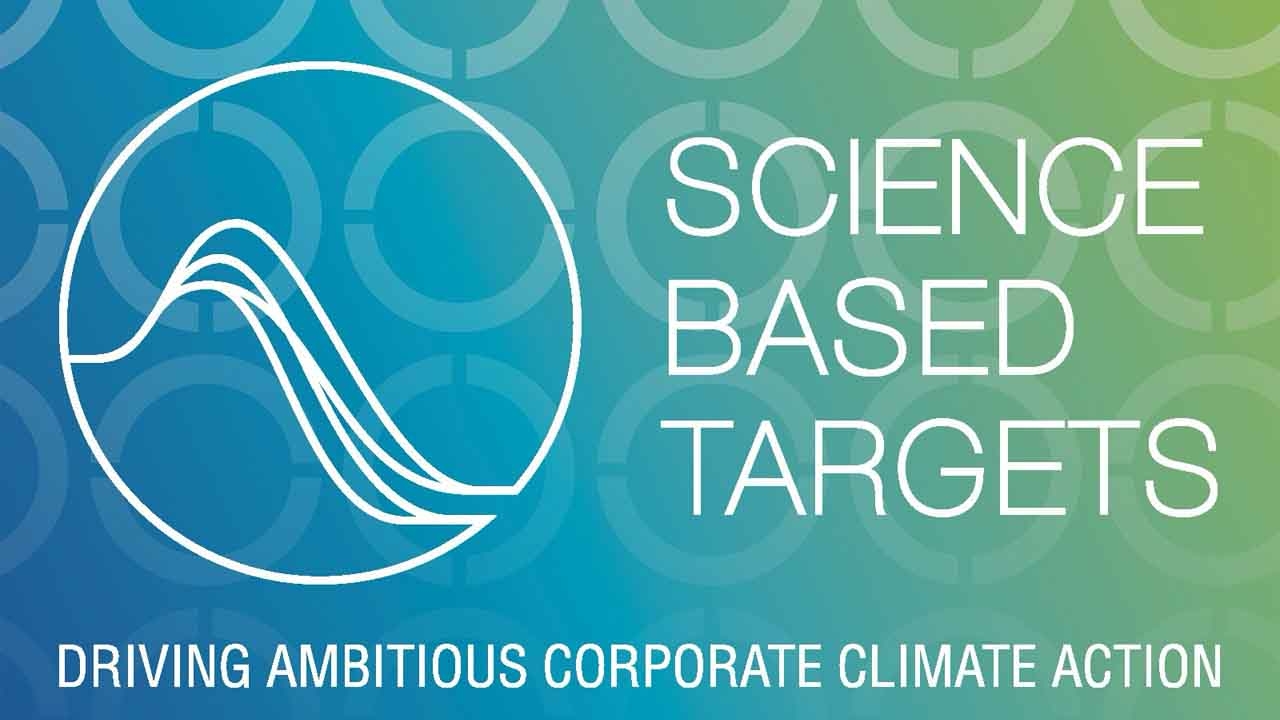Flint Group’s 2030 carbon reduction targets approved by SBTi
The business is working towards a 46.2 percent reduction in scope 1, 2 and 3 emissions by 2030.

Flint Group’s 2030 carbon reduction targets have been approved by the Science Based Targets initiative (SBTi). The business is working towards a 46.2 percent reduction in scope 1, 2 and 3 emissions by 2030 versus its 2019 baseline.
The Science Based Targets initiative (SBTi) is a collaboration between CDP (formerly the Carbon Disclosure Project), the United Nations Global Compact, the World Resources Institute (WRI) and the World Wide Fund for Nature (WWF). The SBTi defines and promotes best practice in science-based target setting and independently assesses companies’ targets.
Matthew Rowland-Jones, sustainability officer at Flint Group, said: ‘We are delighted that our 2030 carbon reduction targets have been approved by the SBTi. This validation represents significant work across the business to develop a detailed plan to reduce emissions and combat climate change. Carbon reduction forms part of “PRISM”, our vision and strategy for long-term sustainability. PRISM splits the broader topic of sustainability into the three core areas where we can make the biggest impact, “Product, Planet and People”.
‘The real work begins now, and it is time to put our plans into action. Our connected initiatives will include greater use of low-carbon materials, which currently account for more than 60% of our greenhouse gas (GHG) emissions. We are also channeling over 75 percent of our research and development costs into sustainability-focused ink and coating solutions, such as barrier coatings that make it simpler to recycle packaging structures on the journey to a circular economy.’
To reach its science-based targets, Flint Group is working towards a transition to 100 percent renewable electricity by 2030. The company aims to achieve this goal through onsite energy generation, such as solar panels, and energy market initiatives, such as Green Tariffs and Purchase Power Agreements. The company is also considering the phase-out of gas-fired systems in favor of lower-carbon alternatives, such as electrification and heat pumps.
Rowland-Jones concluded: ‘With targets approved by SBTi, we send an additional signal to our customers that we care about their carbon reduction and scope 3 emissions. It is important to note that while we have many exciting initiatives in the pipeline relating to products and operations, no business can solve every sustainability challenge on its own. We are working with our core stakeholders, including customers, suppliers, and the wider value chain, to create lasting positive change that transforms the printing and packaging industries for the better.’
Stay up to date
Subscribe to the free Label News newsletter and receive the latest content every week. We'll never share your email address.

